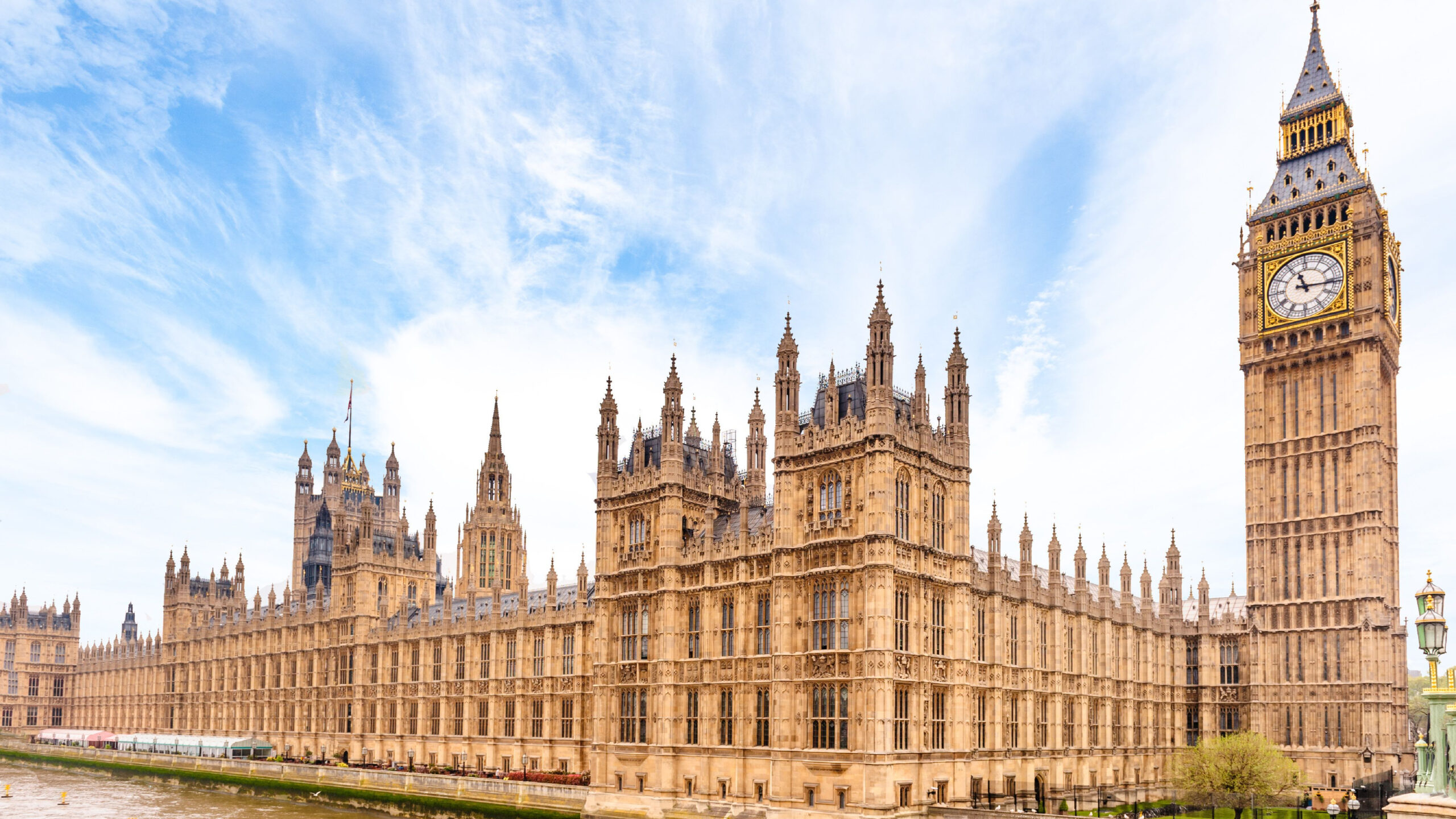The good, the bad (and the sometimes ugly) amendments to the Digital Markets Act: Part 4

The EU is in a crucial moment in determining the direction of the Digital Markets Act (DMA), the legislation that could radically transform how Europeans experience the services of the likes of Google, Amazon, Apple and Facebook.
A number of committees in the European Parliament have been looking at the draft proposal, and marking it up. The lead European Parliament Internal Market and Consumer Protection committee (IMCO) published its amendments, while the associated committees for Economic and Monetary Affairs (ECON) and for Industry, Research and Energy (ITRE), have contributed theirs in opinions. The committees on Culture and Education (CULT) and Transport and Tourism (TRAN) have also produced opinions that will need to be considered by the IMCO committee.
Given the far reaching changes that the DMA will impose, the Legal Affairs (JURI) and Civil Liberties, Justice and Home Affairs (LIBE) committees also have a role. Like the others, they have also proposed amendments, some of which are good, some bad, and some even ugly. How do they help or harm the objective of making the DMA fit for the digital age? Let’s see.
Legal Affairs Committee
The Good
Amendment 394 would require the Commission to publish guidance on its interpretation of the obligations contained in Articles 5 and 6. This can be an important source of legal certainty that will encourage investments in future products and services in Europe. The regulation of core platform services that lies at the heart of the DMA, in Articles 5 and 6, involves a lot of new and untested assumptions. These rules come from a series of competition cases, but will be applied outside of their original context, to completely different products and services. What does a ‘self-preferencing’ remedy from a search case mean, if applied to cloud services? What does an unbundling remedy mean, when applied to integrated products? Guidance is necessary to answer these questions, whether it comes formally, or informally.
The Bad
The DMA is far-reaching regulation of platform services, imposing rules on the technical design of products and services, and contractual relationships with business users. The impact of all these changes to the digital economy are not well understood, as identified by the Commission’s own Regulatory Scrutiny Board. This step into the unknown isn’t deterring some policymakers from being even more ambitious however. Various amendments would bring new services under the DMA’s scope , including vehicle software (Amendment 176), connected TVs (Amendment 181), web browsers (Amendments 17, 172, 177, 178, 179), ‘digital labour platforms’ (Amendment 18), and virtual assistants (Amendments 19, 180).
The range of services covered by the DMA is already quite large, despite its supposed focus on areas where there are structural competition issues and well established evidence of anticompetitive conduct. Increasing the scope even further beyond the evidence base, especially with respect to new and emerging services, risks reducing the very competition that the DMA is meant to encourage. Decisions will need to be based on even further speculation as to future market developments, putting the Commission in the unfortunate position of having to pick market winners and losers, and leaving European citizens and business users dealing with the unintended consequences that this kind of centralised decision making entails.
The Ugly
Article 12 of the DMA already imposes an expansive notification obligation on designated gatekeepers, requiring them to inform the authorities of any ‘concentration’ or acquisition within the digital sector, regardless of how big or small or where it takes place. Reviewing this information will already occupy a significant amount of time for the 80 or so government employees currently foreseen. But under Amendment 323 this obligation becomes practically unmanageable: designated gatekeepers would need to notify authorities of every acquisition, without qualification. If a designated gatekeeper acquires, for example, a co-working space for remote workers or purchases an ice-cream shop to give its employees better treats, these would all require notification. Woe to the unfortunate administrators tasked with reviewing such manifestly irrelevant acquisitions.
Civil Liberties, Justice and Home Affairs Committee
The Good
One of the main concerns with the DMA is the risk of overenforcement, that regulators and enforcers will interpret the provisions so strictly that the valuable benefits created by platform business models will be lost. One of the ways to address this is through regulatory dialogue, as foreseen by the DMA recitals, and called for by numerous industry associations. Technical experts and engineers should be working with regulators to explain the trade-offs inherent to different product design choices (e.g. as something that is good for business users, say unfettered data sharing, may be problematic for consumers). Amendment 171 would help make sure that the Commission engages in that dialogue, to achieve desired market outcomes, rather than leaving companies in the dark as to what’s expected of them.
The Bad
Public morality is one of a handful of limited grounds on which designated gatekeepers can request suspension or modification of the DMA obligations. So, in theory, designated gatekeepers will be allowed to take down content and potentially ban the most harmful users of their services. This is a rather limited exception, and should be widened to allow ‘gatekeepers’ to take the steps necessary to protect consumers on their services. Amendments 64 and 176 however would go in the opposite direction, removing the public morality exception, and turning gatekeepers into sliding doors when it comes to discrimination, misogyny, homophobia or worse.
The Ugly
The DMA is based on the premise that European competition enforcement has identified several harmful business practices by a handful of companies that should be addressed by ex-ante regulation instead of case-by-case competition enforcement (with the associated rights of defense). While it does away with the need for market definition or competitive assessment, it does still give companies the opportunity to defend themselves by arguing they are not, in reality, gatekeepers or bottlenecks on any market, i.e. that there are competitive alternatives. Amendments 93, 104, and 105, would remove this possibility, requiring all companies that reach a certain size deal with the intrusive obligations, regardless of market realities. Even in the absence of any possibility of harm in their specific markets, companies beyond a certain size would have to change their technical infrastructure and their dealings with business users in order to comply. As the digital economy grows, more and more companies would get caught. This “big is bad” presumption would send a clear signal to all digital companies of how success is to be rewarded by European regulators. Not exactly the kind of message that will help make Europe fit for the digital age.








